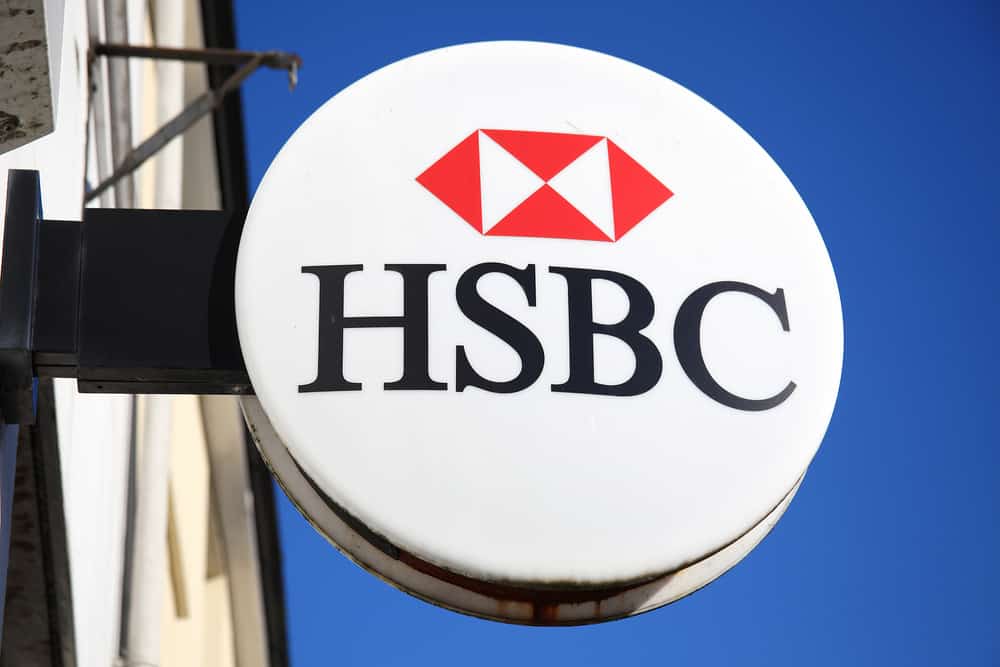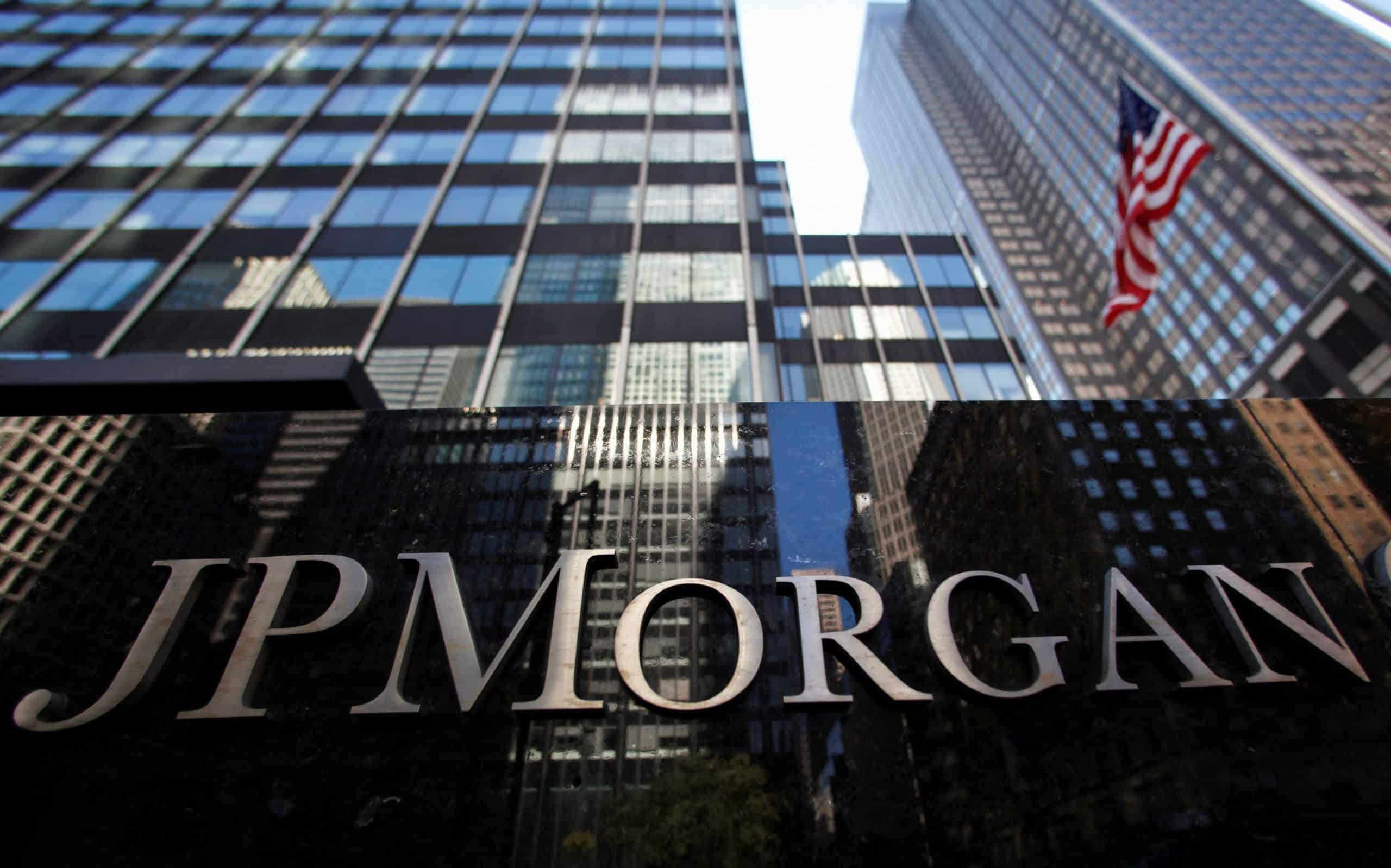When businesses need loans, a place to deposit their money, or someone to vouch for their credit, they turn to commercial banks. So, what is commercial banking? Commercial banking covers financial products and services that businesses need, including deposit accounts, loans, lines of credit, payment processing, and more. If you’re interested in a finance career path with great entry-level opportunities, here’s everything you need to know about the commercial banking industry.
What Is Commercial Banking? Definition
Commercial banking is a type of banking that provides services for businesses, government agencies, and institutions like colleges and universities to help them grow and profit. Commercial banks make money mainly by loaning money to businesses and earning back interest and fees from these loans.
These banks loan money to businesses to cover supplies, real estate, hiring, or any other cost the business might incur. Yet there’s much more to this field than lending — they perform various services to help fund businesses and provide financial support.
What Do Commercial Banks Do?
Commercial banks provide a wide range of banking services to businesses, including checking and savings accounts, lines of credit, and lockbox services.
- Checking or savings accounts: Like you might have your own checking or savings account, commercial banks set up deposit accounts for businesses. Businesses will use their checking account to send money to their employees or for other business transactions. Savings accounts are used for putting away money, and businesses can earn interest on these funds.
- Lines of credit: A line of credit is a way for banks to give money to businesses. This is a set amount of money a business can tap multiple times until it reaches the monetary limit. Then, a business can repay the money and borrow it again as needed. Compared to loans, businesses use a line of credit for smaller purchases.
- Credit letters: When a business is trying to buy goods and services from another company or seller, the bank can supply a letter of credit. A letter of credit vouches for the business and ensures it will pay what it owes.
- Payment processing: When customers pay the business, they may do so with a check (either paper or electronic) or a credit card. Commercial banks help process these payments and safeguard against fraudulent transactions.
- Foreign exchange transactions: These banks can help exchange money between the business’ currency and a foreign one.
- Lockbox services: To help speed up customer payments, they’ll provide a business with a lockbox — a place where customers can directly send their money. The bank then processes these payments and adds the money to the business’ account.
- Professional services: These are certain services a bank will provide for a business in return for commission, like collecting checks and bills, paying interest or insurance premiums, and buying and selling securities.
Find your career fit
Discover if this is the right career path for you with a free job simulation.
How Do Commercial Banks Make Money?
Commercial banks offer a wide variety of services, but how do they make money from those services? Commercial banks make money from loans, credit card interest, and fees.
A businessperson might take a loan from a commercial bank to help get them started. Then, when they’re paying back that loan, they’ll have to also pay interest — which is profit for the bank. This process is similar to how commercial banks make money from credit card interest. When a company pays back money borrowed for purchases on its credit card, it often also has to pay interest on those purchases.
These banks also have a variety of fees they make money on, from fees for opening a new line of credit to overdraft fees if a company doesn’t have enough money to cover a purchase.
Commercial Banking vs. Other Types of Banking
The main difference between commercial banking and other types of banking is to whom the banks provide financial services. Commercial banking focuses on services for small to midsize businesses, government agencies, and institutions like colleges and universities. Who (or what) do other types of banks serve?
| Type of banking | Clientele | Learn more |
| Commercial banking | Small to midsize businesses | JPMorgan Chase Commercial Banking |
| Investment banking | Large capital investors | Citi Investment Banking |
| Retail (consumer) banking | Everyday consumers | Standard Bank’s Retail Banking Virtual Experience Program |
| Private banking | High-net-worth individuals and families | JPMorgan Chase Global Private Banking |
| Global banking | International corporations, governments, and institutions | HSBC Global Banking & Markets |
>>MORE: Retail vs. Commercial Banking: What’s the Difference?
Commercial Banking Careers
A commercial banker may work on any or all of the above products and services or may specialize in a specific area. Other job titles include:
- Teller: an entry-level position that focuses on business client payments, deposit accounts, cashing checks, and withdrawals
- Loan officer: assesses business loan applications and organizes loan contracts
- Credit analyst: evaluates a business’s financial standing when the business applies for a loan or line of credit
- Business development manager: identifies, develops, and brings new business to the bank
- Relationship manager: helps acquire, retain, and expand the bank’s business clients
- Compliance manager: makes sure the bank’s policies comply with federal guidelines
- Branch manager: a senior position that oversees the bank’s operations, revenue, and goals
How to Get Into Commercial Banking
You’ll either need finance experience or a degree in a related field to launch your career. To succeed, you’ll need:
Education
While not all positions in the field require a degree, many employers may want a candidate with a bachelor’s degree in a related field like accounting or finance. To advance in the field, you may also need a master’s degree in business administration.
Certification
Besides a master’s, you may also need certifications depending on what state you work in and what kind of work you’re doing. If you want to work with securities, insurance, or loans, you’ll likely need a certification or license in that area. For example, if you’re going to be a broker for mortgage loans, you’ll need a mortgage loan originator license. Other common certifications include commercial banking & credit analyst (CBCA) and certified public accountant (CPA).
Skills
Commercial bankers need hard skills in math to perform financial analysis and soft skills like interpersonal and communication skills when working directly with clients.
“Be a good professional communicator (in person, phone, email, text, etc), and have a sense of urgency for solving your customers’ problems,” Kyle Shirley, former vice president of business banking strategy at Bank of the West and current business owner of Sol Vista Roofing, says. “There are internal bank partners and teams that you must compete for attention [with] to solve your customer’s issue, and customers that may be slow to respond to your contact. Both require tactful persistence to succeed.”
Advantages and Disadvantages of Commercial Banking
This a career path has great entry-level opportunities, reasonable work hours, and good benefits.
“[You get to] truly be part of the economy, with direct understanding of credit markets and interest rates, and you get connected with business leaders in your city,” Shirley says.
While you can positively impact your clients and the economy, this career path may also require stressful and high-pressure client relationships and work environments.
“Banks tend to be complex, siloed institutions,” says Shirley. “It can take a while to develop an external network.”
Still deciding if this career path is right for you? Check out Is Commercial Banking a Good Career Path?.
What Is Commercial Banking? FAQs
Commercial banking is a type of banking that serves government agencies, businesses, and institutions like colleges and universities. These banks provide a variety of services to these institutions, including checking and savings accounts, lines of credit, and payment processing.
Commercial banking is different from other types of banking because of the types of businesses these banks serve. Commercial banking focuses on small to midsize businesses.
The difference between commercial and private banking is who each area of banking serves. Commercial banking focuses on small to midsize businesses, while private banking is for high-net-worth individuals and families.
According to the Federal Reserve, the top three largest commercial banks are JPMorgan Chase, Bank of America, and Citi.
Image credit: Vlada Karpovich / Pexels


